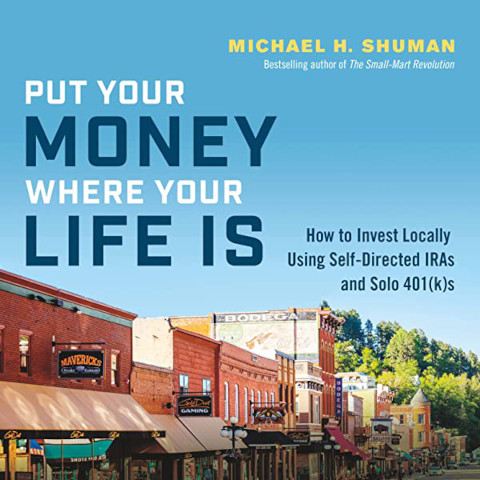Die Moldau is part of Má Vlast, also known as My Fatherland, a set of six symphonic poems composed between 1874 and 1879 by the Czech composer Bedřich Smetana—at a point in his life when he was becoming deaf. In My Fatherland, Smetana depicts aspects of the countryside, history, or legends of Bohemia in his native Czech land. Smetana was the first truly important Bohemian nationalist composer. He founded the Czech national school of music.
Die Moldau, maybe one of the most beautiful pieces of music ever written, evokes the flow of the Vltava River—in German, the Moldau—from its source in the mountains of the Bohemian Forest, through the Czech countryside to the city of Prague. This piece captures in music Smetana’s love of his country.
Although many may be familiar with this piece of music, listening to it while following the different “movements” listed below will most likely offer a totally different experience. Enjoy!
The river is born: 00:01
The flow is constant: 01:08
The river enters the Forest Hunt: 03:12
The river passes through a Farmer’s Wedding: 04:27
The river enters the Nymph Gorge: 06:15
The river keeps flowing: 08:51
The river falls through St. John’s Rapids: 09:50 (the rapids don’t exist anymore, there’s a reservoir in their place now)
The Moldau flows wide: 11:09
The river is in Prague, the seat of the king: 11:39
The river disappears into the distance: 12:32
Related Links
More on Má Vlast
More on the Moldau
More on Bedřich Smetana








Anyone ever get into 432hz tuning? I find it fascinating to listen to a standard recording then a recording played back at 432hz. More info here:
https://432evo.be/index.php/what-is-432hz-tuning/
I stumbled on this a few months ago and exactly this link with photo. I listen to it all the time!In addition, while focusing on “easy listening” (the good Mhz frequencies), I became reacquainted with classical favorites from my childhood, i.e., Moussorgsky, Tschaikovsky, Rachmaninoff, Prokiev, and Rimsky-Korsakov. Thanks so much for featuring this one. Not classical, but I have also enjoyed on YouTube the Pat Metheny Group (search his name with Warsaw 1995 and Metropole for two great ones).